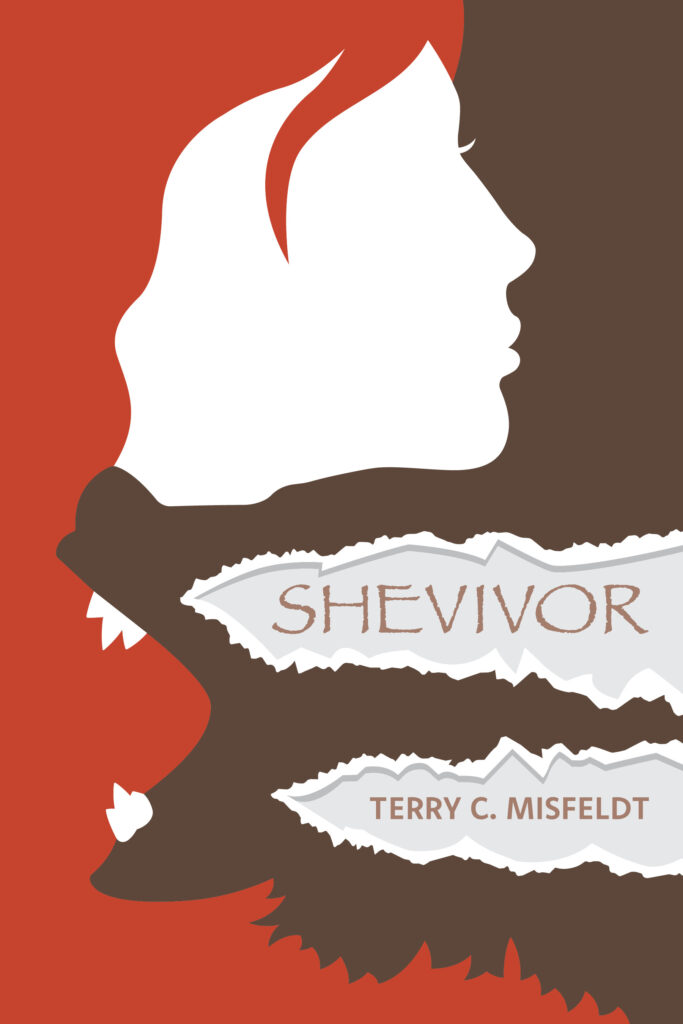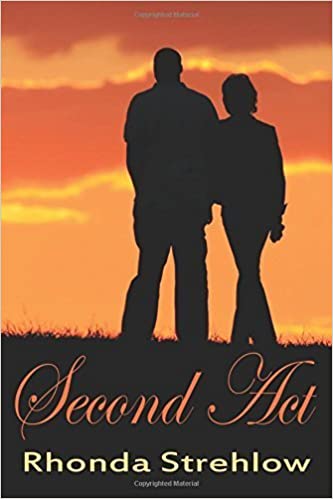By Benjamin Hock
To query or not to query? It’s really not a question for those of us who wish to have our stories published through a traditional publisher. It’s one step on a laundry list of things that need to be completed before those precious stories we’ve spent countless nights putting together can see the light of day.
I’m not here to tell you how to query; you can type that into Google. I simply want to share what it’s like to send your precious baby to a complete stranger whose job it is is to play gatekeeper for publishers. Impressing just the right person in only a few short paragraphs is what stands between me and my book ending up on the shelves of my favorite bookshop.
Sending my first query was both frightening and exhilarating. Like every writer, I wrote and rewrote, questioning whether or not my query letter was up to snuff. I sent my first, and eventually would send them in batches, preparing for the 12 week wait, wondering if I would hear back and what they would have to say.
Then, finally, I see it. Maybe this has happened to you. You’re at work or out with friends. Or maybe you just woke up and saw the notification flash on your phone. It’s a response from an agent and you open it…
Thank you so much for giving me the opportunity to consider your project. I’m sorry to say that I respectfully pass on yours.
Agenting is subjective, and while I couldn’t take on your project, another agent may well feel differently.
Thank you,
[Insert agent name here]
I begin to see this same form letter over and over again. I don’t know if every agent got together to come up with the verbiage for these or what, but they all seem to use it. At first the rejections are disappointing but the knowledge that my other submissions are waiting in agents’ inboxes preparing to wow them brings me hope. After the twentieth rejection it begins to feel personal. Fifty and I’m wondering if I enjoy the rejection, because why else would I keep this up.
And to be clear, I don’t hold a grudge against any agent that passed on my work. Maybe they read my query on a Friday when their thoughts were on the weekend. Maybe they were having a bad day and nothing was going to catch their eye. Maybe they already had a similar book they were representing or just took on a big project. I’ll never know. But that won’t stop me and it shouldn’t stop you.
Querying is both simple to do and emotional weighty. The physical act of sending a query today has never been easier. Finding agencies and their guidelines, understanding the template to follow, it’s all a snap. Preparing to hear that others don’t find my book as interesting as I do, well, that’s not so easy. Giving into the resistance that wants me to give up or back down or hide out would be a lot easier.
So why keep doing it? Why put myself through the emotional roller coaster of rejection after rejection? The answer is simple: I want people to read my book. I want to see it in the hands of teens in coffee shops, I want to share it at book readings, I want the characters to be brought to life in the imaginations of people who connect to them.
And even if I get a hundred rejections, a thousand, all it takes is one yes for a dream to come true. My job is not to judge the work or panic over its future. My job is to write the thing that piques my curiosity and do the legwork to advocate for it. I can do that; and so can you.



